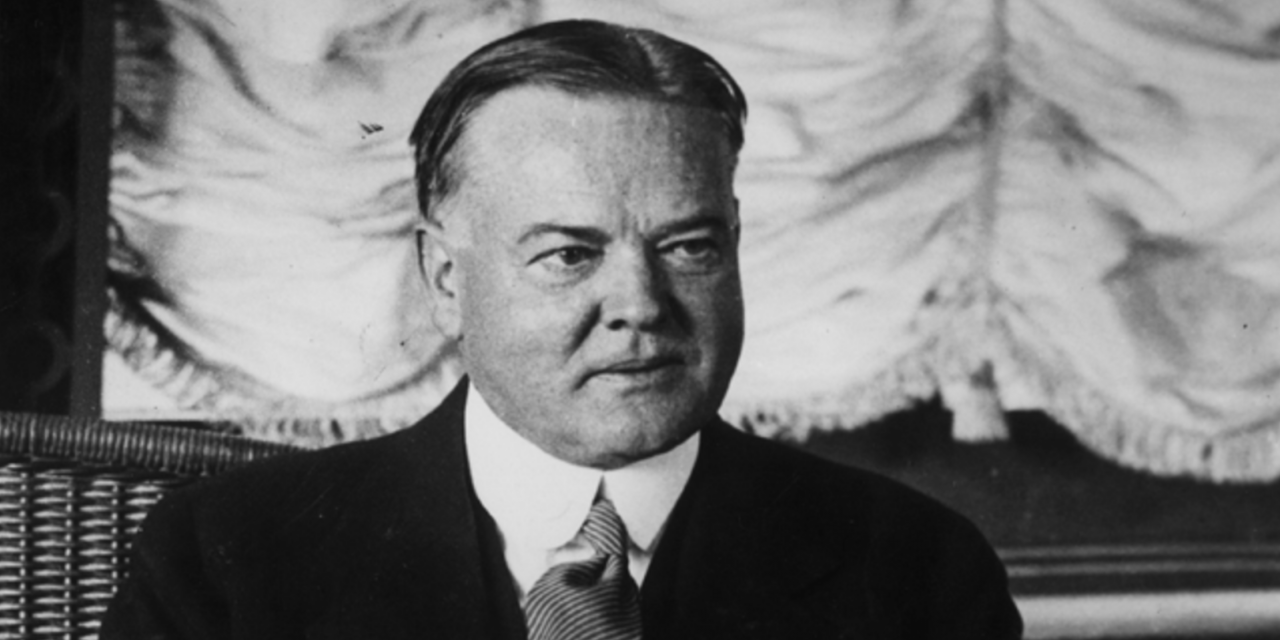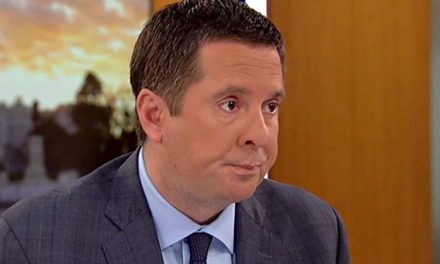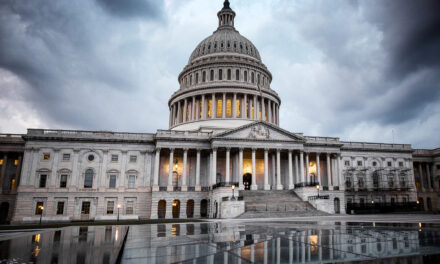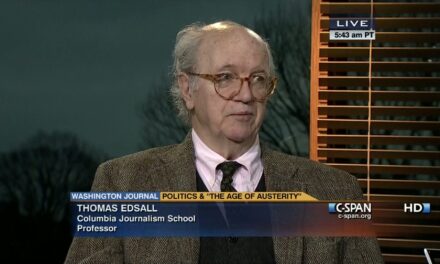President Herbert Hoover may have been in some respects unlucky and he may not have received the best advice, but nothing he did in response to the onset of the Great Depression was effective in turning the tide. A lot of this had to do with a failure of imagination and an inability to let go of prior assumptions. He had campaigned successfully in 1928 on the strong economic performance under Republican presidential leadership during the decade. When the stock market plunged in 1929, it was after several years of robust growth. He wanted to believe that he and his party’s reputation for good economic stewardship was well-earned and could be sustained. His assumption was that there would be a brief recession and then a recovery, hopefully in time for his run for reelection in 1932. He began his response by asking business leaders to voluntarily maintain people’s level of pay and to refrain from layoffs, hoping that he could thereby maintain consumer demand. He did his best to buck the nation up and focused on giving people confidence that any hard times would be temporary. But businesses laid off workers and consumers cinched their belts, and pretty soon the banks were beginning to fail.
We’ve seen something similar with Trump. He’s been planning on using a strong economy for his reelection campaign, and his first response to the outbreak of Covid-19 was primarily about trying to keep the stock market from freaking out. He minimized the threat and grew angry with government officials who offered contradictory messaging. Next he resisted the advice that people stop gathering in public spaces or that businesses shut down because he knew it would send the economy into a tailspin. If he hadn’t been so wedded to his reputation for presiding over a growing economy with low unemployment, he might have had an easier time recognizing that the viral pandemic was going to do what it was going to do and that no amount of denial or cheerleading could prevent it from undermining his numbers. He might have understood that the best political protection available would come from getting ahead of the pandemic before it arrived in force on our shores.
His preoccupation with now outdated economic measures continues to distort his response, as he’s now actively encouraging people to protest the very policies that appear to be working to prevent a worse outbreak of the novel coronavirus. But sometimes major events occur that require us to almost instantaneously bury our prior assumptions.
In thinking about a good example of this, for some reason my mind went back to the 2004 campaign when John Kerry caused no end of problems for himself by talking about how he had voted for $87 billion is supplemental war funding for Iraq before he had voted against it. His point had been that he couldn’t support final passage of the bill but that he wasn’t opposed in principle to the supplemental funding. At the time, the price tag of the bill was almost as controversial as the purpose. People felt like tacking $87 billion of spending onto the deficit was a big deal. Iraq would wind up costing so much money that few people remember the 2003 supplemental bill as more than a drop in the bucket. That’s especially true if you compare it to what the government spent to recover from the Great Recession.
But even that number is dwarfed by what Congress has spent and will need to spend to contend with this pandemic:
The Trump administration and congressional leaders closed in Sunday on an approximately $470 billion deal to renew funding for a small-business loan program that ran out of money under crushing demand during the coronavirus pandemic, aiming to pass the agreement into law within days…
…The deal would add about $310 billion to the Paycheck Protection Program for small businesses, which was swamped by demand in the three weeks since Congress created it as part of a $2 trillion coronavirus rescue bill…
…If the changes are signed into law this week, Congress would have approved more than $700 billion in emergency assistance for small businesses alone in just one month. That would be more than the entire $700 billion in bailout money approved during the 2008 financial crisis.
Like it or not, Trump is presiding over all of this massive government intervention, and so are conservative Republicans in the Senate. It’s not what they promised when they ran for election and it’s not consistent with conservative rhetoric going all the way back to Herbert Hoover. They’re doing it because they see no other choice, but they’re not embracing it because it runs contrary to their assumptions.
Hoover left office an embittered man and he continued to rail against Roosevelt and his New Deal policies all the way through the Eisenhower administration. He could never concede that strong government action is sometimes required.
The same thing is going to happen here. The policies will be enacted but conservatives won’t accept them. This means they can’t be trusted to run these programs effectively or to do productive oversight. This probably spells the end of the Reagan Revolution, although it’s unclear if the Republican Party will wither into the same kind of permanent minority party is was in the post-New Deal decades or it will remake itself with new non-conservative members.






